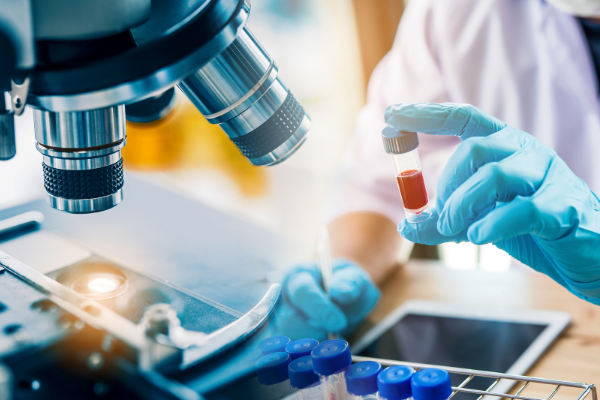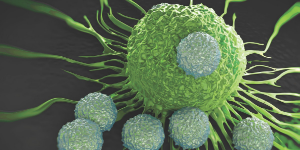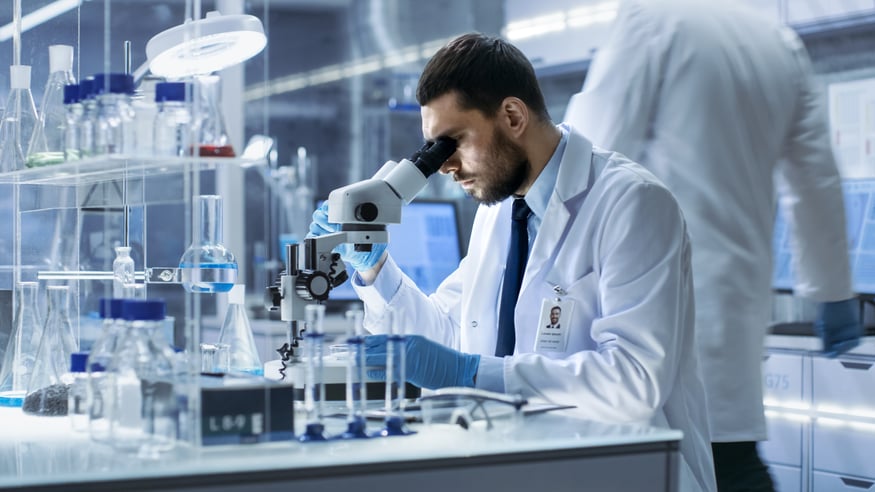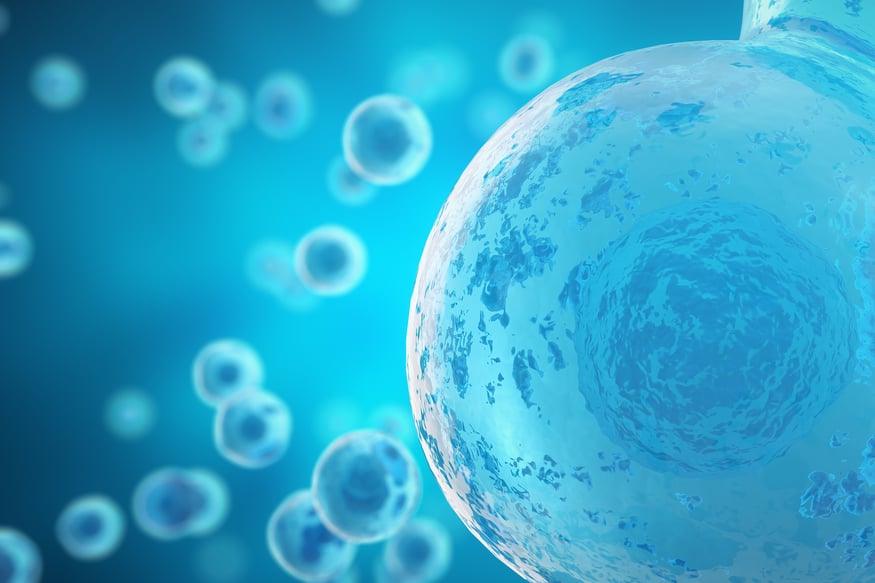By Alex Rosenberg
Understanding Leukapheresis Leukapheresis is derived from the Latin words “leuk,” meaning white, and “aphaeresis,” meaning to take away. Put together, leukapheresis describes the collection of leukocytes — also known as white blood cells or immune cells — using a Spectra Optia® system. A donor reclines in a chair and blood is drawn through a vein in one arm. An apheresis machine removes white blood cells from the superfluous biofluids, separates them based on density and collects them in a collection bag known as a leukopak. The remaining red blood cells and platelets are then returned to the same donor through a vein in their other arm. (The white blood cells that have been removed will be replaced quickly.) The white blood cells collected are frequently referred to as peripheral blood mononuclear cells (PBMCs), and contain B cells, T cells, stem/progenitor cells and dendritic cells. Leukapheresis allows for a concentrated, pure method to obtain PBMCs from a single individual donor.







